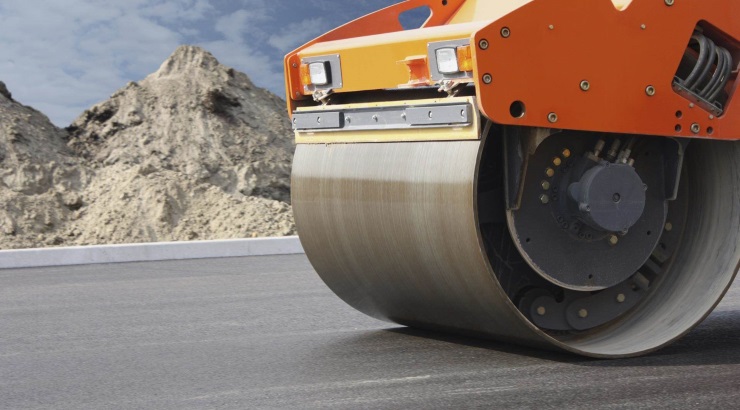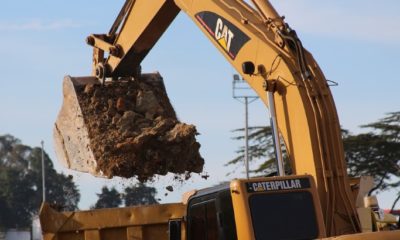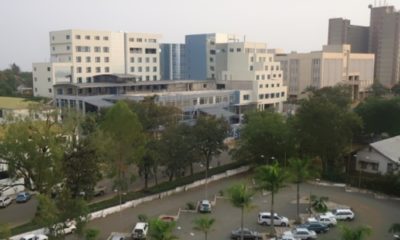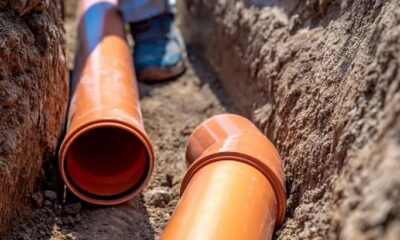Features
Here’s how Chinese companies build major highways in Kenya
They rely heavily on soil stabilization technology to deliver fast, durable and affordable roads.

Chinese contractors are increasingly building roads in Kenya, especially major highways and bypasses, amid complains that government agencies favour them over local and other international firms.
In 2012, for example, three Chinese firms – among them state-owned China Wu Yi – completed the construction of Thika Road; an eight lane, 50km highway linking Nairobi to Thika.
The massive expansion project was completed in about two years, without locking out motorists – a feat that resonated very well with Kenyans.
Meanwhile, Chinese firms – China Road and Bridge Corporation (CRBC), China Wu Yi, Shengli Engineering Construction Group and Synohydro Corporation – are working on the northern corridor road project that links Mombasa and Nairobi to Ethiopia and South Sudan.
Other road projects under the powerful hands of the Chinese include the Nairobi Southern bypass, Nairobi Eastern bypass, Nairobi Northern bypass, the dualing of Lang’ata Road, and the expansion of Outering Road among many others.
READ: Kenyans hail expertise of Chinese contractors
Chinese contractors rely heavily on soil stabilization technology to deliver fast, durable and affordable roads. Soil stabilization, which involves the addition of chemicals to on-site materials, is a way of improving the weight bearing capabilities of sub-soils, sands, and other waste materials in order to strengthen road surfaces.
Soil stabilization technology mainly relies on large amounts of clay owing to its inherent binding properties. Cement, bitumen, lime, tar emulsions and asphalt can be used as binding agents for producing a road base, although some of these materials are not eco-friendly.
Soil stabilization creates hydrophobic surfaces that prevent road failure from water penetration or heavy frosts by inhibiting the ingress of water into the treated layer. This produces road surfaces that are much more durable than regular road surfaces.












